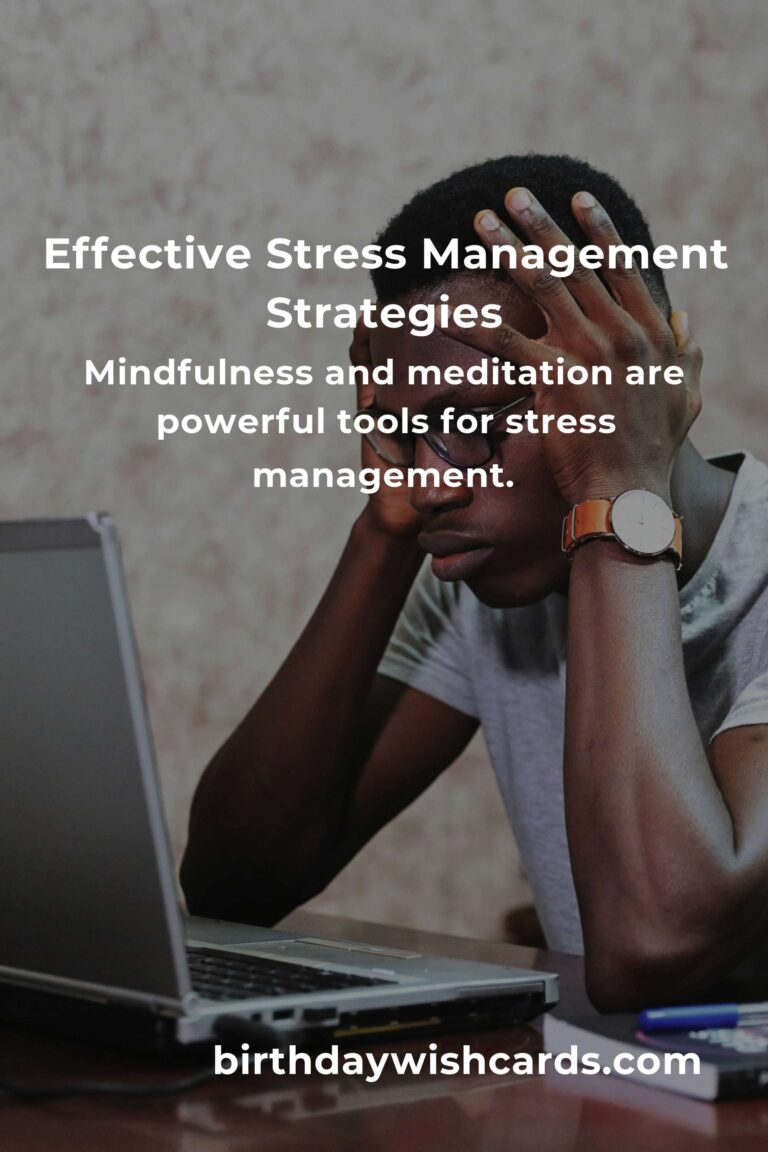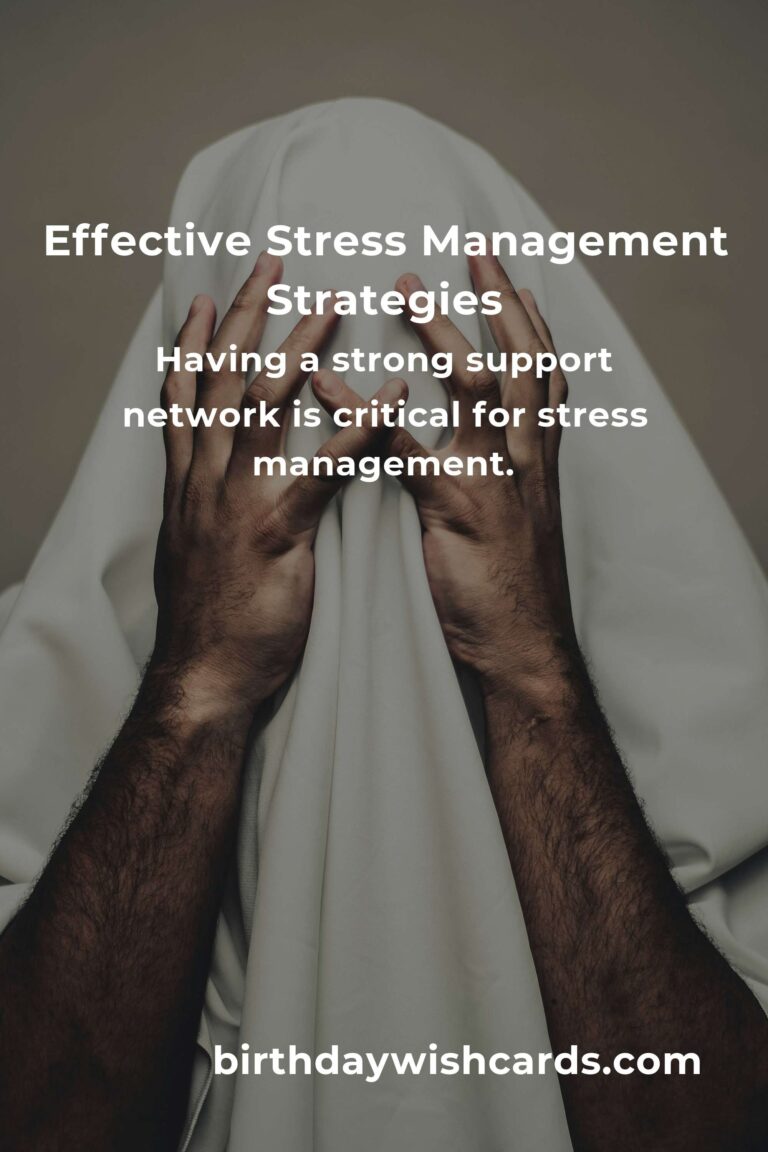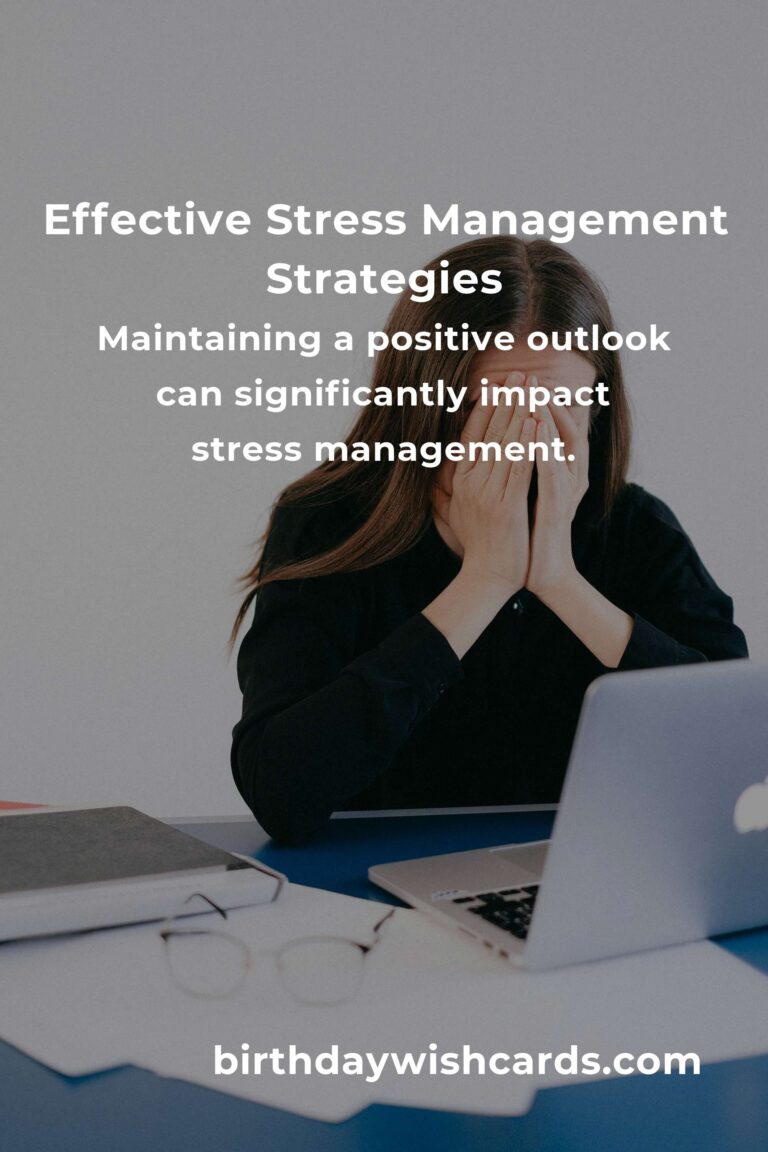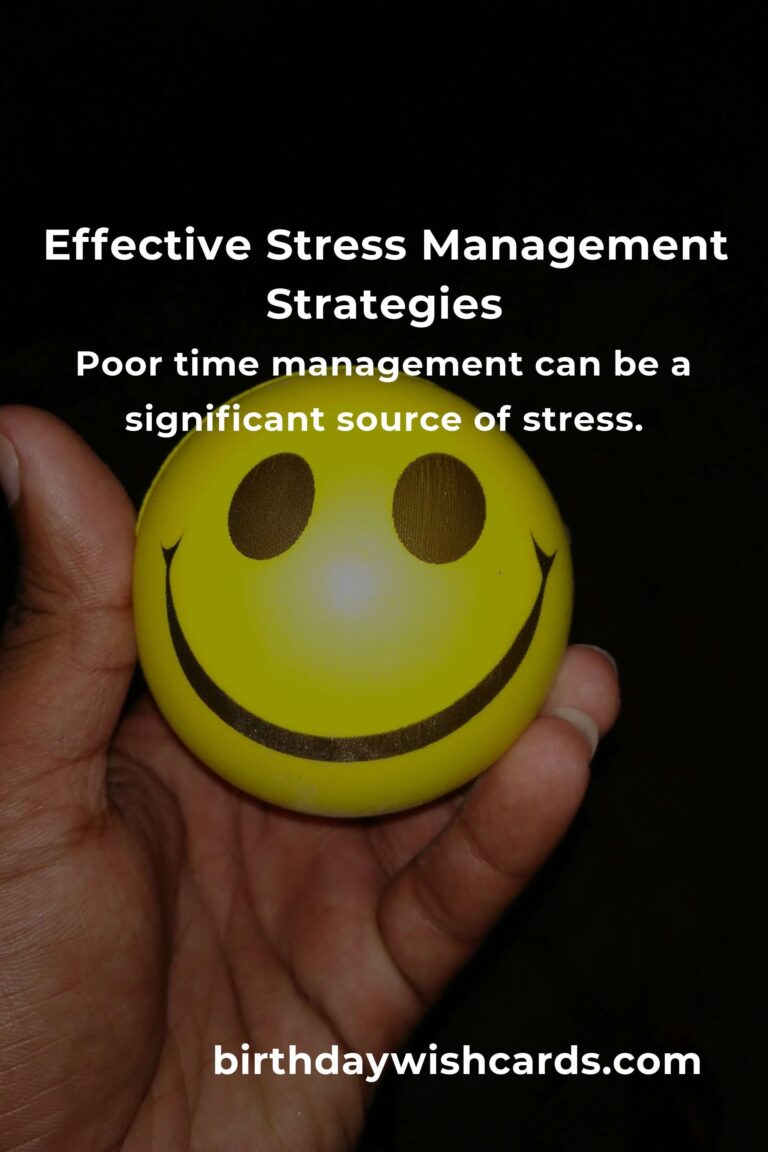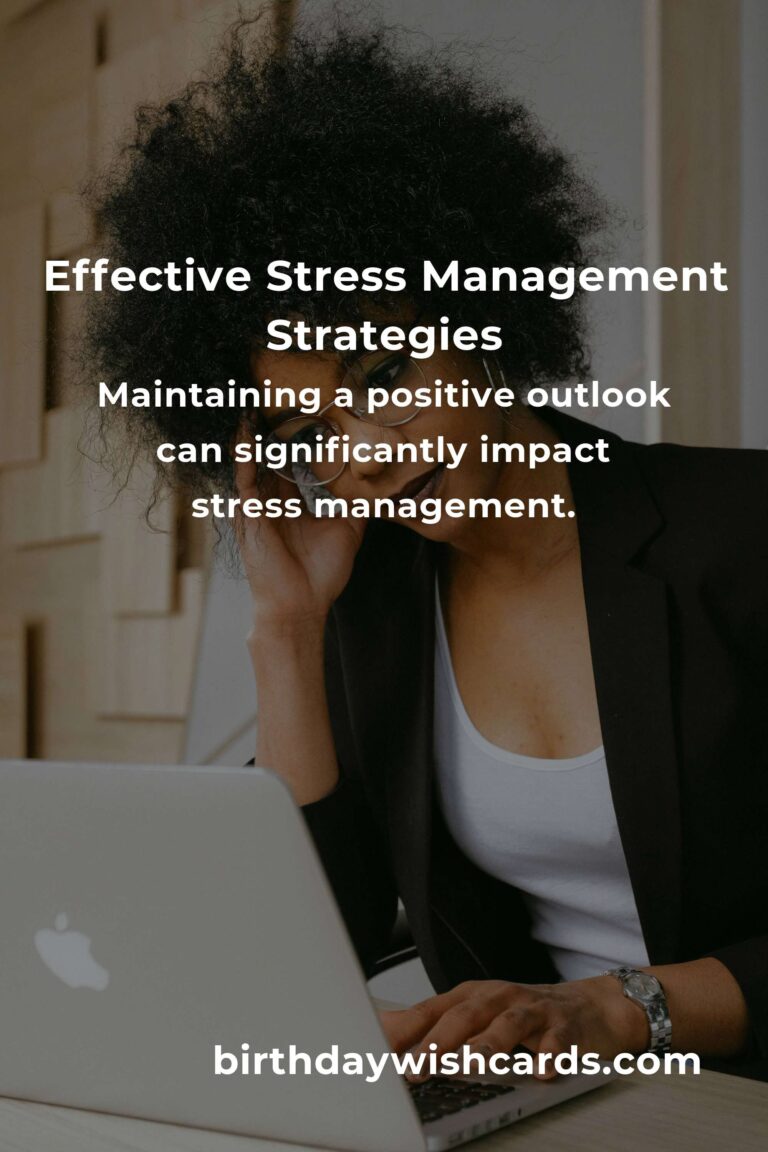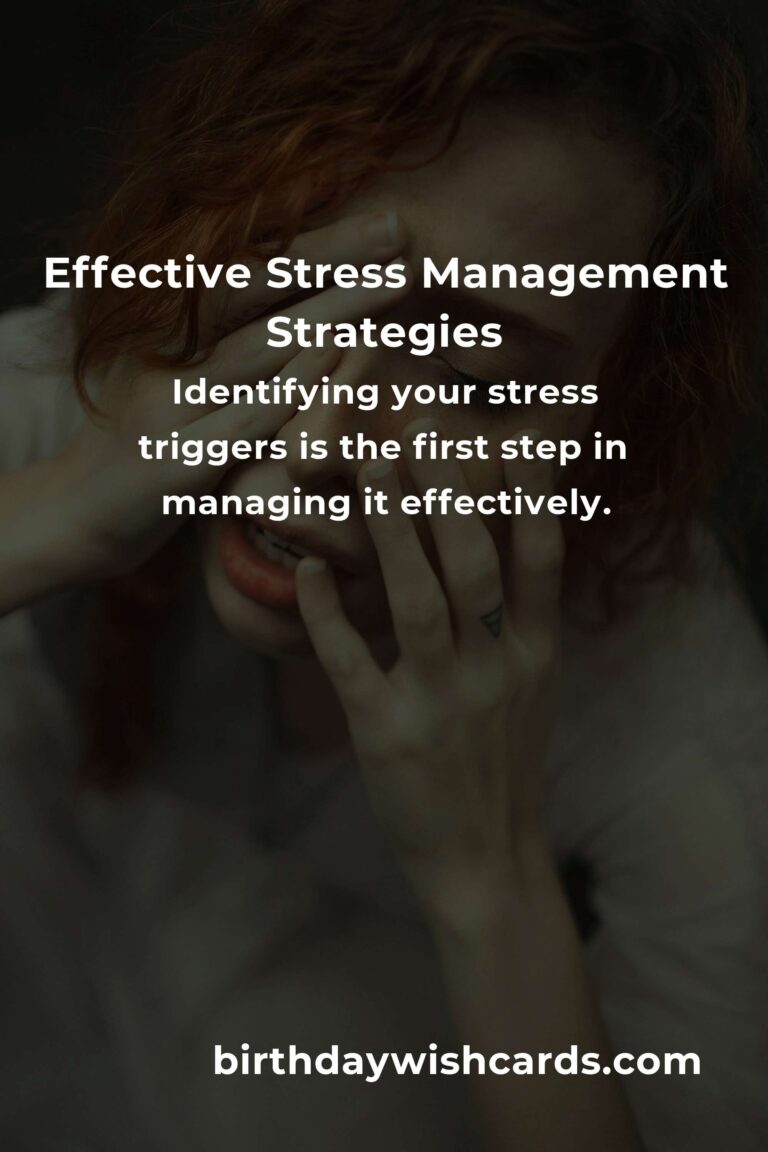
In today’s fast-paced world, stress is an inevitable part of life. However, managing stress effectively can significantly enhance your quality of life. This article explores expert advice on stress management strategies that can help you lead a healthier, more balanced life.
Understanding Stress
Stress is the body’s response to any demand or challenge. It can be triggered by various factors, including work pressure, financial difficulties, or personal relationships. Understanding the root cause of your stress is the first step in managing it effectively.
Identify Your Stress Triggers
Identifying what triggers your stress can help you develop personalized strategies to manage it. Keep a stress journal to track your stressors and how you respond to them. This practice will help you identify patterns and develop coping mechanisms tailored to your unique situation.
Practice Mindfulness and Meditation
Mindfulness and meditation are powerful tools for stress management. By focusing on the present moment, you can reduce anxiety and enhance your emotional well-being. Regular meditation practice can help you develop a calmer mind, reducing the impact of stress.
Maintain a Healthy Lifestyle
A healthy lifestyle is crucial for effective stress management. Regular physical activity, a balanced diet, and adequate sleep can boost your mood and energy levels. Exercise, in particular, releases endorphins, which are natural stress relievers.
Time Management Skills
Poor time management can be a significant source of stress. Learning to prioritize tasks and set realistic goals can help you manage your time more effectively. Consider using tools like planners or digital apps to organize your schedule and reduce stress.
Seek Professional Help
If stress becomes overwhelming, seeking professional help can be beneficial. Therapists and counselors can provide guidance and strategies to manage stress effectively. Don’t hesitate to reach out for support if you need it.
Establish a Support Network
Having a strong support network is critical for stress management. Surround yourself with friends, family, or support groups who can offer advice and encouragement. Sharing your feelings with others can significantly reduce stress and provide new perspectives.
Relaxation Techniques
Incorporating relaxation techniques into your daily routine can help manage stress. Techniques such as deep breathing, progressive muscle relaxation, or yoga can help calm the mind and reduce tension.
Adopt a Positive Attitude
Maintaining a positive outlook can significantly impact your ability to manage stress. Focus on the positives in your life and practice gratitude daily. This mindset can enhance your resilience and help you cope with stress more effectively.
Conclusion
Effective stress management requires a combination of strategies tailored to your individual needs. By understanding your stress triggers, practicing mindfulness, maintaining a healthy lifestyle, and seeking support, you can manage stress effectively and improve your overall well-being.
Stress is the body’s response to any demand or challenge. Identifying your stress triggers is the first step in managing it effectively. Mindfulness and meditation are powerful tools for stress management. A healthy lifestyle is crucial for effective stress management. Poor time management can be a significant source of stress. Having a strong support network is critical for stress management. Incorporating relaxation techniques can help manage stress. Maintaining a positive outlook can significantly impact stress management.
#StressManagement #Mindfulness #HealthyLifestyle #MentalHealth #RelaxationTechniques #PositiveAttitude


